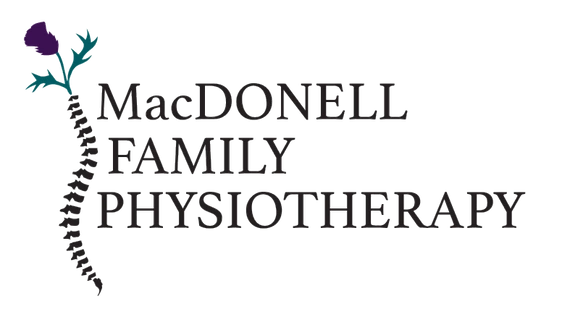IT’S ALL IN THE WRIST! TALKING: BROKEN WRIST

It’s that time of year when slips, trips and falls become more common, and in some unfortunate cases these can result in a wrist fracture – a fancy name for a “broken wrist”.
Wrist fractures will either be treated with surgery, using pins to hold the bones in place, or conservative management (splinted/casted). Sometimes traction or “pulling” is needed in order to re-align the bones prior to casting. Typically the hand will be immobilized (kept in one position) for 6-8 weeks while the bones heal. The muscles and joints around your wrist and fingers may feel stiff and sore from wearing a cast or splint. A physiotherapist can help get your hand moving again, improve pain and regain your strength and function once your fracture has healed.
How Can Physiotherapy Help?
- Range of Motion Exercises: It’s important to start by regaining the range of motion of the wrist joint. Movement of the wrist is complex and occurs in many directions: it moves up and down, as well as side to side, and palm up (carrying a bowel of soup) to palm down (emptying a glass of water)
- Strengthening Exercises: Once range of motion has returned, it is important to begin strengthening the muscles in the forearm, hand and fingers
- Grip Exercises: Include exercises that are targeted at regaining grip strength, as well as pinching grip strength between fingers and thumb
- Fine motor tasks: Take opportunities to use your hand functionally i.e. tying up your zipper or buttoning up your coat to help to regain strength and function in hands or fingers
- Don’t forget the fingers! Due to the positioning in the splint/cast and the lack of movement, the fingers can swell and become stiff. It is important to ensure full range of motion is returned to each joint in the fingers as well
- Pain/Swelling: Even after the cast or splint is removed, pain and swelling may persist for a while. A physiotherapist can also help manage those symptoms
As everyone’s situation is unique always consult a registered health professional to help create a management plan that’s effective and safe for you!
Stay safe!
